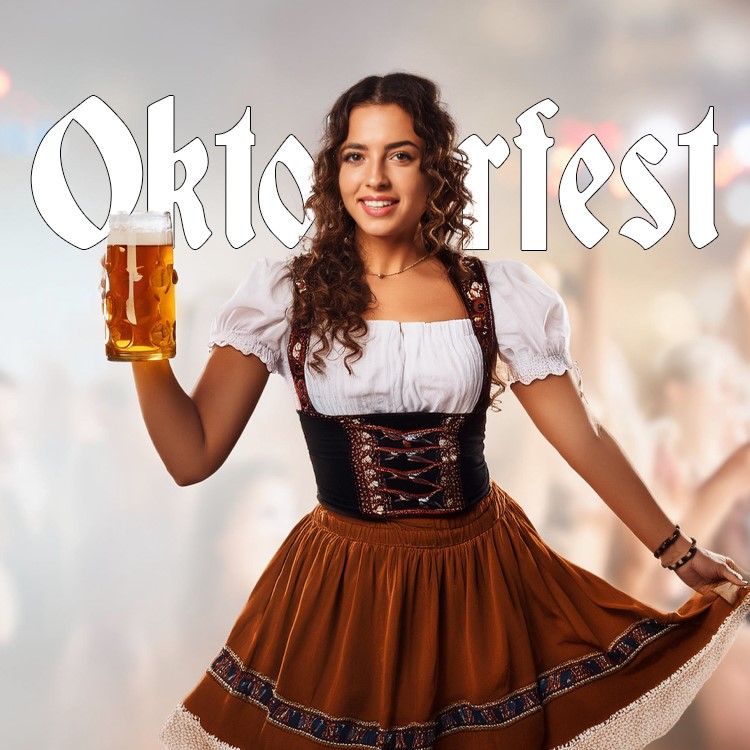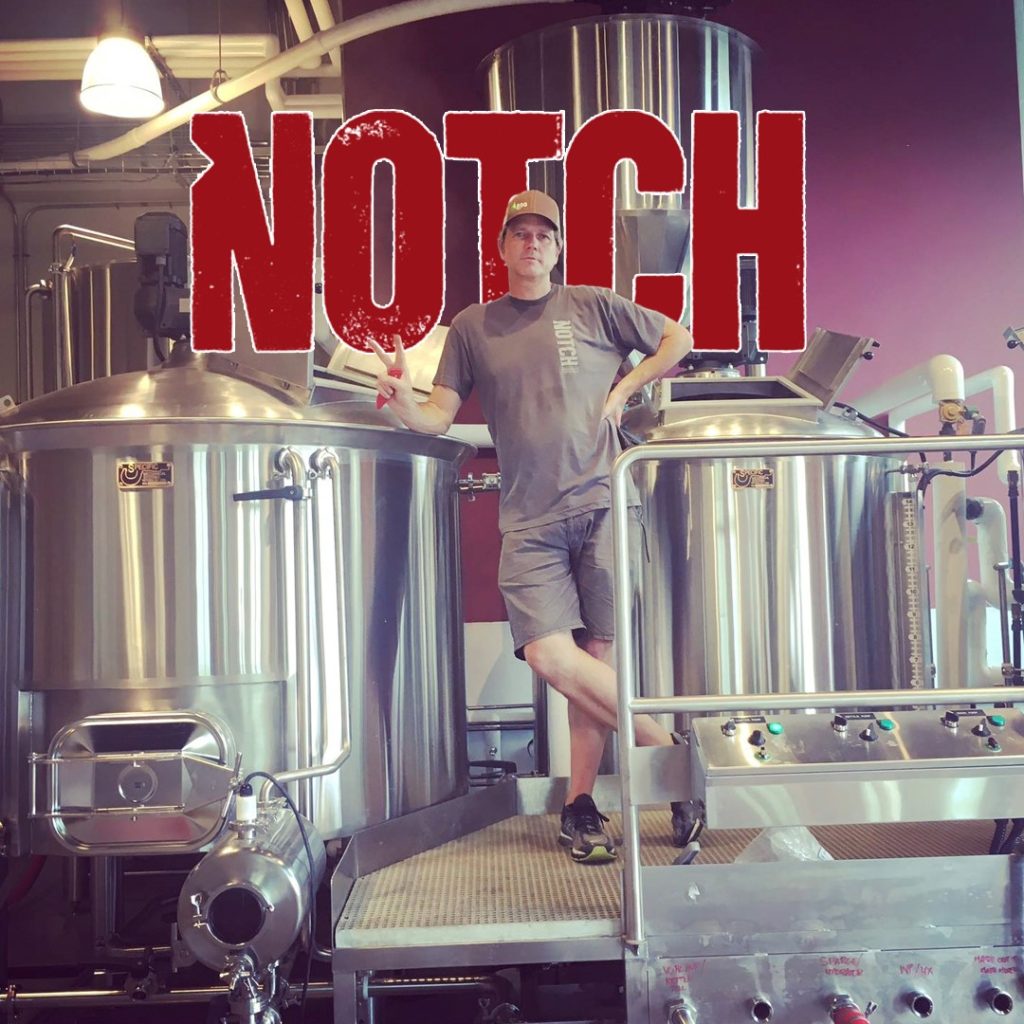Every year, millions of people around the world eagerly anticipate Oktoberfest, a festival renowned for its vibrant atmosphere, lively music, and, of course, copious amounts of beer. But what are the origins of this beloved celebration?
The story of Oktoberfest dates back to October 12, 1810, when Crown Prince Ludwig of Bavaria married Princess Therese of Saxony-Hildburghausen. The citizens of Munich were invited to join in the festivities, which were held on the fields in front of the city gates. The event concluded with horse races that were organized to honor the royal wedding.
The celebrations were so successful that the following year, it was decided to hold the horse races again, marking the beginning of an annual tradition that would evolve into Oktoberfest. Over the years, the festival grew in size and scope, with agricultural shows, amusement rides, and, most famously, beer tents becoming integral parts of the festivities.
Today, Oktoberfest has become the world’s largest Volksfest (beer festival and traveling funfair). It attracts millions of visitors from around the globe to Munich each year, where they can enjoy traditional Bavarian music, dance, food, and, of course, a wide variety of beers brewed specially for the occasion.
While Oktoberfest has evolved significantly since its humble beginnings, it remains a celebration deeply rooted in Bavarian culture and tradition. It serves not only as a time for revelry and merrymaking but also as a testament to the enduring spirit of community and hospitality that has defined Bavarian culture for centuries.
As you raise your stein and join in the festivities, remember that Oktoberfest is more than just a festival—it’s a celebration of history, tradition, and the joy of coming together to celebrate life. Prost!





